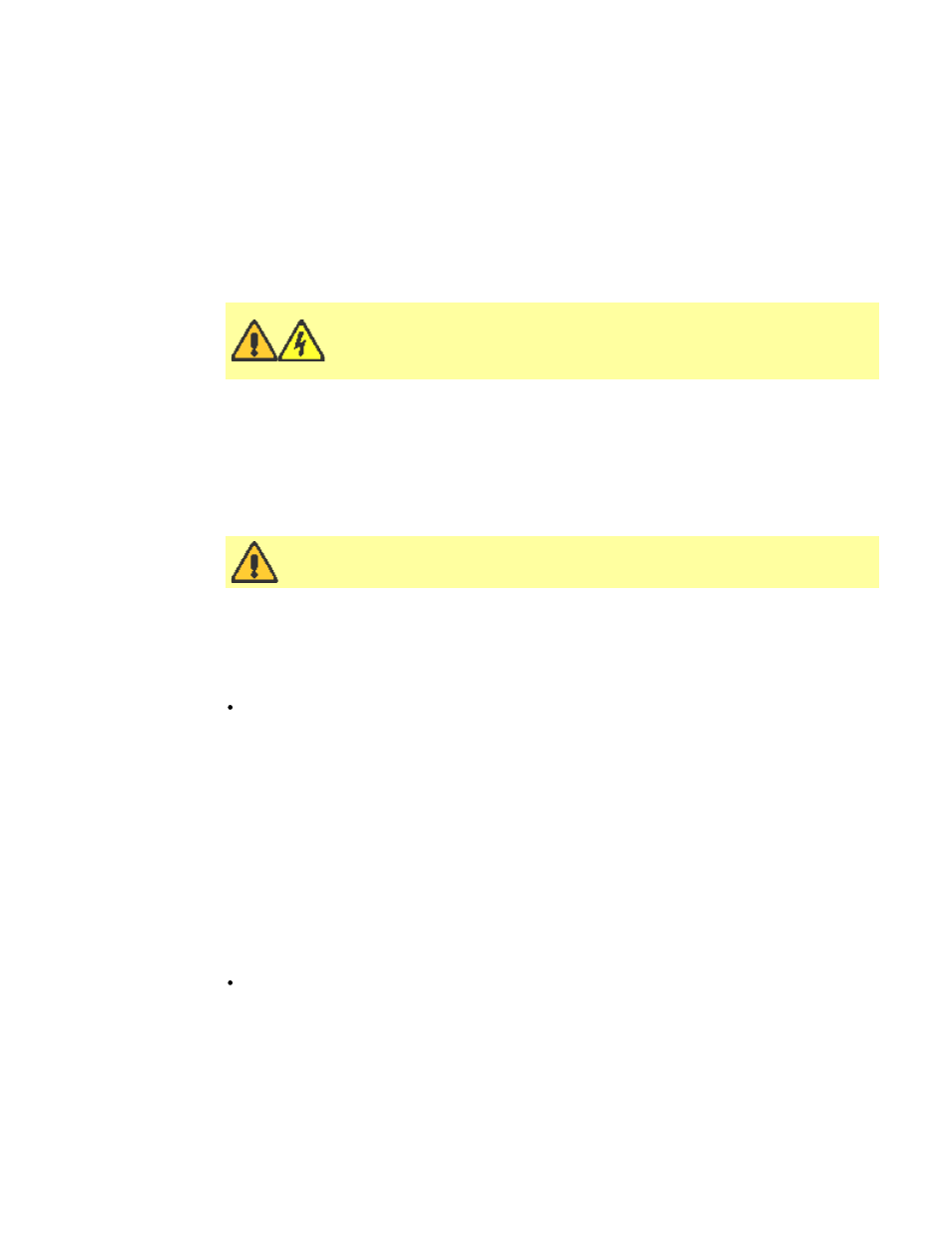Safety, Introduction, Installation – Watson-Marlow Tube Monitor User Manual
Page 2

Watson-Marlow Bredel E-Manuals
http://www.watson-marlow.co.uk/pdfs-global/m-tubemon-gb-01.htm[02/02/2012 14:25:06]
Equipment which has been contaminated with, or exposed to, body fluids, toxic chemicals
or any other substance hazardous to health must be decontaminated before it is returned
to Watson-Marlow or its distributor. A certificate included at the rear of these operating
instructions, or signed statement, must be attached to the outside of the shipping carton.
This certificate is required even if the product is unused. If the product has been used, the
fluids that have been in contact with the product and the cleaning procedure must be
specified along with a statement that the equipment has been decontaminated.
Safety
In the interests of safety, this product should only be used by competent, suitably trained
personnel after they have read and understood this manual, and considered any hazard
involved. Any person who is involved in the installation or maintenance of this equipment
should be fully competent to carry out the work. In the UK this person should also be
familiar with the Health and Safety at Work Act 1974.
There are dangerous voltages (at mains potential) inside the mains
interface. If access is required, isolate the product from the mains
before removing the cover. All Molex connections should be
checked before the case top is replaced.
Introduction
In the event of a spillage within a pump, fluids normally contained within the tube can
escape. The Watson-Marlow tube monitor will detect all liquids, including oils, paraffin and
other non-conductive fluids, acting as a "watchdog" to shut down the pump in the event of
a spillage.
Installation
Warning
This device must not be used in hazardous areas.
All pumps
Place the sensor pad under the pumphead, with the printed side uppermost. Pumpheads
such as the 303D, cassette pumpheads and the 701R have a drain hole under the
pumphead. The pad should be placed directly under this.
Auto-control pumps
Fit the plug from the tube monitor into the auto/remote connection on the rear of the
pump. If other connections are required (Voltage or Current speed control signal,
direction, etc), these may also be made.
On "IP55 Washdown" pumps, ensure that multiple cables going into the auto-plug are
correctly sealed, or that a multicore cable is taken to an IP55 junction box (mounted
close to the pump) and split into the auto-control cable and tube monitor cable.
On auto-control pumps, the tube monitor uses the Run/Stop connection, but an
additional Run/Stop volt-free switch may be wired in parallel for process control. If either
the tube monitor trips or the additional switch closes, the pump will stop.
Ensure the drive is not set in IRS (inverse remote stop) mode.
Manual control and fixed speed pumps
Connect the tube monitor to the input socket of the Mains Interface. Remove the top
cover and ensure that the voltage selector switch is set for the appropriate mains supply
(120V for 100-120V 50/60Hz, 240V for 220-240V 50/60Hz).
Route the mains supply cable through the entry point marked "Mains In" and connect to
the terminal block as shown on the printed diagram. Route the pump mains lead
through the entry point marked "Mains Out" and connect to the terminal block as shown
in the diagram. Replace the cover and secure. Ensure that power is available at the
Mains Interface (an LED is visible through the top cover).
